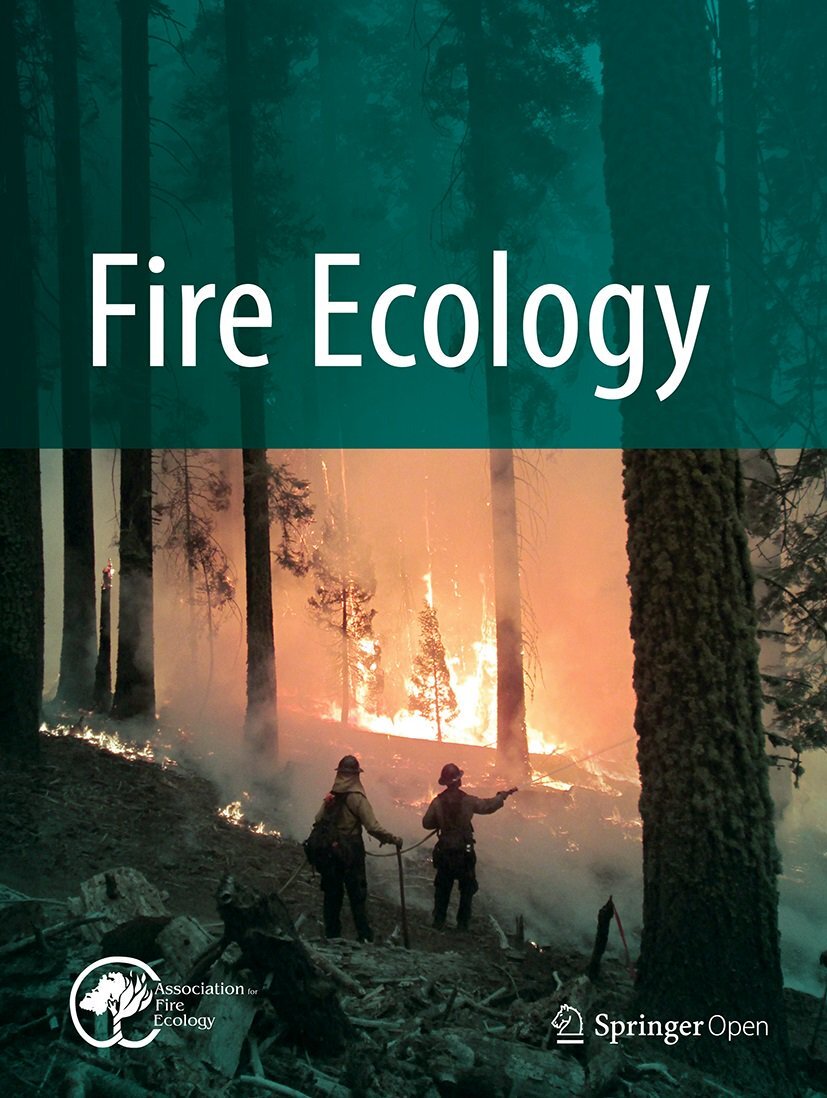野地消防员的环境健康:范围界定审查
IF 5
3区 环境科学与生态学
Q1 ECOLOGY
引用次数: 0
摘要
随着气候的变化,野地消防员面临的安全、健康和整体福祉风险可能会增加,因为他们暴露在自然灾害中的频率和强度也会增加。野外消防员的工作与自然资源管理和应急响应交织在一起,他们的职业生涯具有多面性,往往要结合不同领域的要素才能完成扑灭和预防野火的任务。因此,他们的工作职责与其他消防员(如结构性消防员)截然不同,并经历着其工作所特有的环境健康风险。我们对涉及野地消防员环境健康的科学文献进行了系统的范围界定审查。我们的目标是确定专门针对野地消防员(而不是广义上的消防员)、地理和人口趋势、样本大小、分析模式以及常见研究类别的研究。大多数研究都集中在少数几个高度发达的国家以及美国的加利福尼亚州和爱达荷州。许多研究没有考虑人口因素对研究结果的影响。每年发表的研究报告数量在不断增加,主题也在不断扩大,包括社会和心理主题;但是,该领域的大多数作者平均发表的文章数量少于 3 篇。我们确定了三个领域,认为它们是研究人员和政策制定者迫在眉睫的优先事项,包括研究地域和人口统计缺乏多样性、需要对暴露进行更复杂和互动的分析,以及在研究资金和重点方面优先考虑野地消防员。本文章由计算机程序翻译,如有差异,请以英文原文为准。
Environmental health of wildland firefighters: a scoping review
Wildland firefighters are likely to experience heightened risks to safety, health, and overall well-being as changing climates increase the frequency and intensity of exposure to natural hazards. Working at the intersection of natural resource management and emergency response, wildland firefighters have multidimensional careers that often incorporate elements from disparate fields to accomplish the tasks of suppressing and preventing wildfires. Thus, they have distinctly different job duties than other firefighters (e.g., structural firefighters) and experience environmental health risks that are unique to their work. We conducted a systematic scoping review of scientific literature that addresses wildland firefighter environmental health. Our goal was to identify studies that specifically addressed wildland firefighters (as opposed to firefighters in a broader sense), geographic and demographic trends, sample sizes, patterns in analysis, and common categories of research. Most studies have clustered in a few highly developed countries, and in the United States within California and Idaho. Many studies fail to consider the impact that demographic factors may have on their results. The number of studies published annually is increasing and themes are broadening to include social and psychological topics; however, most authors in the field have published an average of < 3 articles. We identify three areas that we believe are imminent priorities for researchers and policymakers, including a lack of diversity in study geography and demography, a need for more complex and interactive analyses of exposure, and prioritization of wildland firefighters in research funding and focus.
求助全文
通过发布文献求助,成功后即可免费获取论文全文。
去求助
来源期刊

Fire Ecology
ECOLOGY-FORESTRY
CiteScore
6.20
自引率
7.80%
发文量
24
审稿时长
20 weeks
期刊介绍:
Fire Ecology is the international scientific journal supported by the Association for Fire Ecology. Fire Ecology publishes peer-reviewed articles on all ecological and management aspects relating to wildland fire. We welcome submissions on topics that include a broad range of research on the ecological relationships of fire to its environment, including, but not limited to:
Ecology (physical and biological fire effects, fire regimes, etc.)
Social science (geography, sociology, anthropology, etc.)
Fuel
Fire science and modeling
Planning and risk management
Law and policy
Fire management
Inter- or cross-disciplinary fire-related topics
Technology transfer products.
 求助内容:
求助内容: 应助结果提醒方式:
应助结果提醒方式:


